Comparing Tokenized Oil Assets: Platforms, Fees, and Liquidity
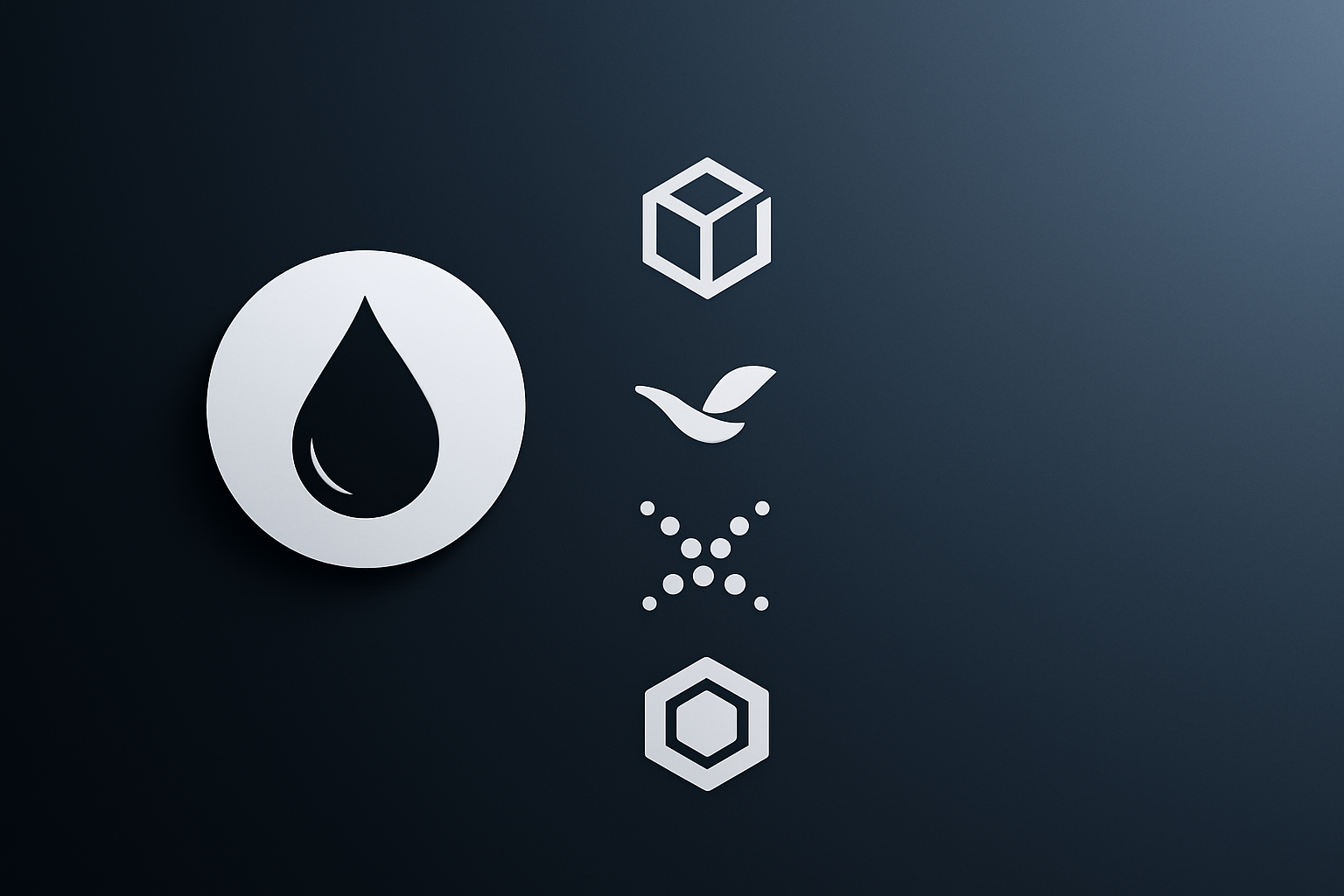
Tokenized oil platforms are rapidly reshaping how investors access, trade, and manage exposure to the global energy sector. By leveraging blockchain technology, these platforms offer fractional ownership of oil-backed tokens, real-time settlement, and enhanced transparency compared to traditional commodity markets. As institutional and retail interest in real-world asset (RWA) tokenization grows, understanding the nuances of leading platforms is critical for anyone seeking to diversify with oil-backed digital assets.
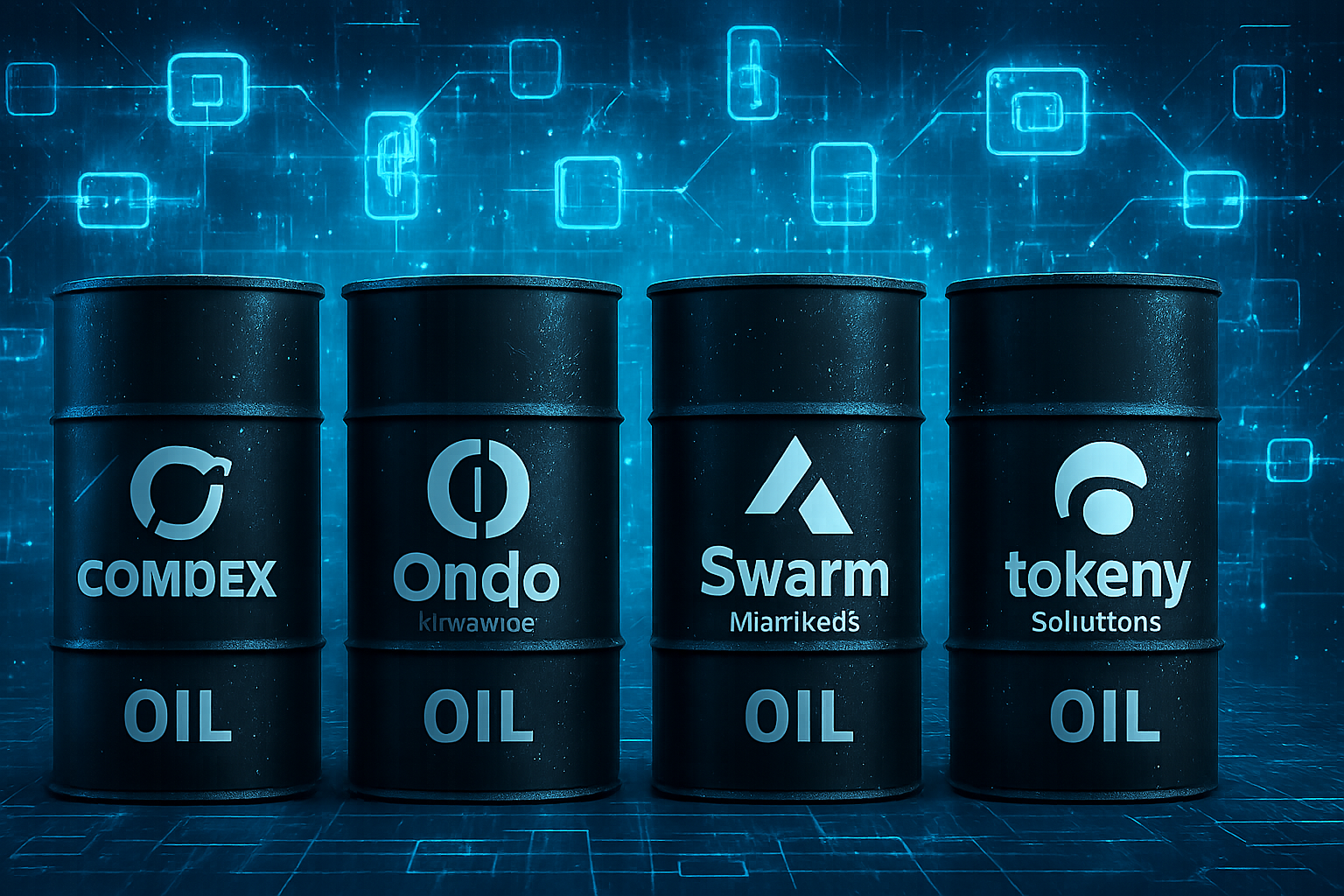
Core Players in Tokenized Oil: Platform Overviews
This comparison focuses on four major platforms at the forefront of tokenized oil innovation: Commodities Exchange (COMDEX), Ondo Finance, Swarm Markets, and Tokeny Solutions. Each offers a distinct approach to bridging traditional energy assets with blockchain infrastructure.
Top Platforms for Tokenized Oil Asset Trading
-
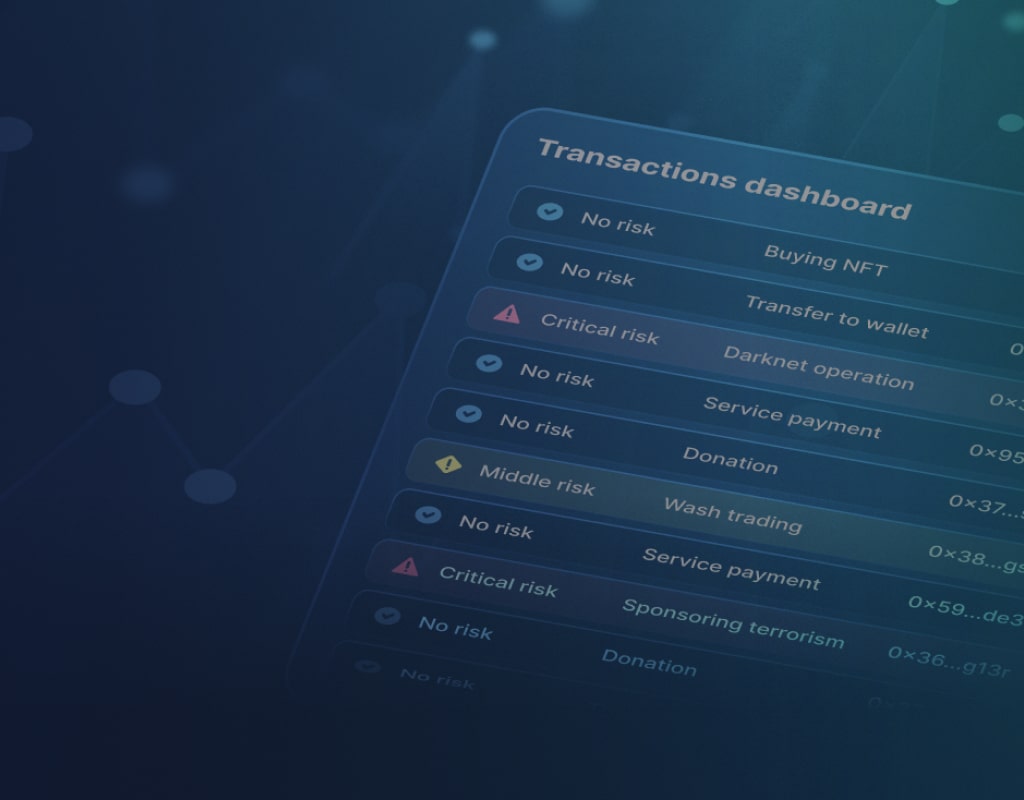
Commodities Exchange (COMDEX): COMDEX is a decentralized commodities trading platform that enables the tokenization and trading of real-world assets, including oil. Built on the Cosmos ecosystem, COMDEX offers a secure, transparent, and interoperable infrastructure for fractional ownership of oil-backed tokens. The platform emphasizes on-chain settlement, robust compliance, and cross-chain liquidity, making it accessible to both institutional and retail investors.
-
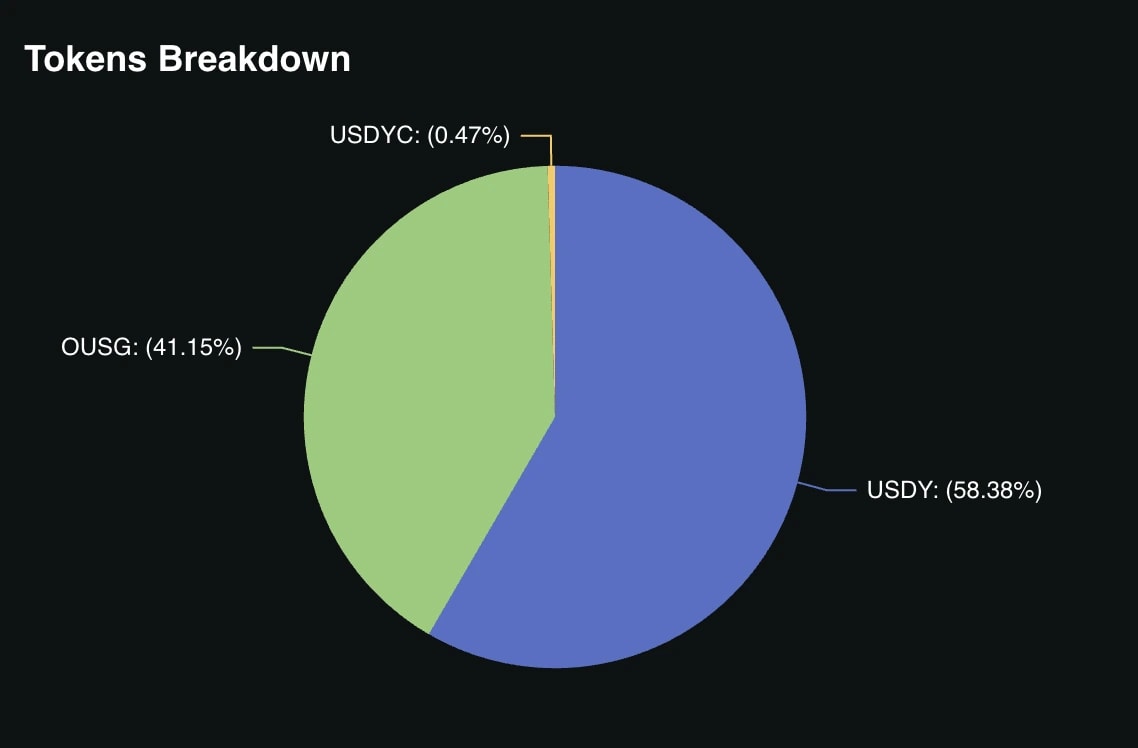
Ondo Finance: Ondo Finance specializes in tokenizing real-world assets, including commodities such as oil, to provide on-chain exposure to traditionally illiquid markets. The platform is known for its institutional-grade compliance, transparent fee structures, and focus on liquidity pools that facilitate efficient secondary market trading. Ondo Finance enables investors to access oil-backed tokens with enhanced transparency and regulatory oversight.
-
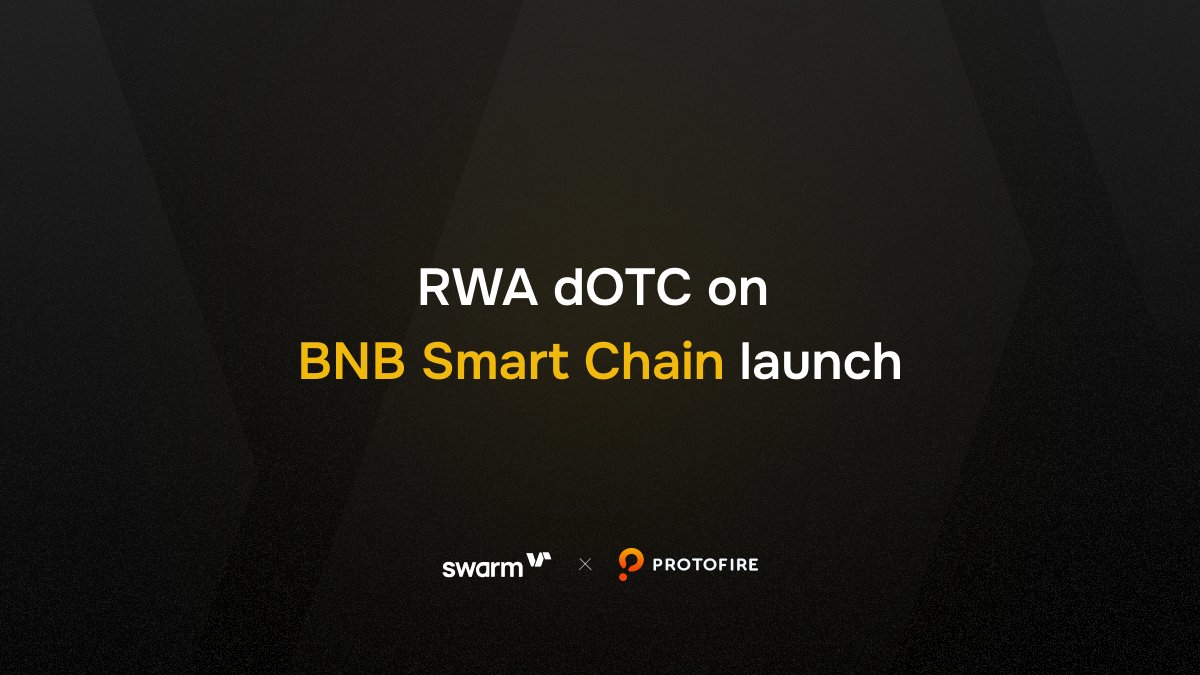
Swarm Markets: Swarm Markets is a regulated DeFi platform that offers tokenized versions of real-world assets, including energy commodities like oil. Operating under a German BaFin license, Swarm Markets provides a compliant environment for trading oil-backed tokens, with features such as KYC/AML, transparent fee disclosures, and deep liquidity pools. The platform is designed for both professional and retail investors seeking secure access to tokenized commodities.
-
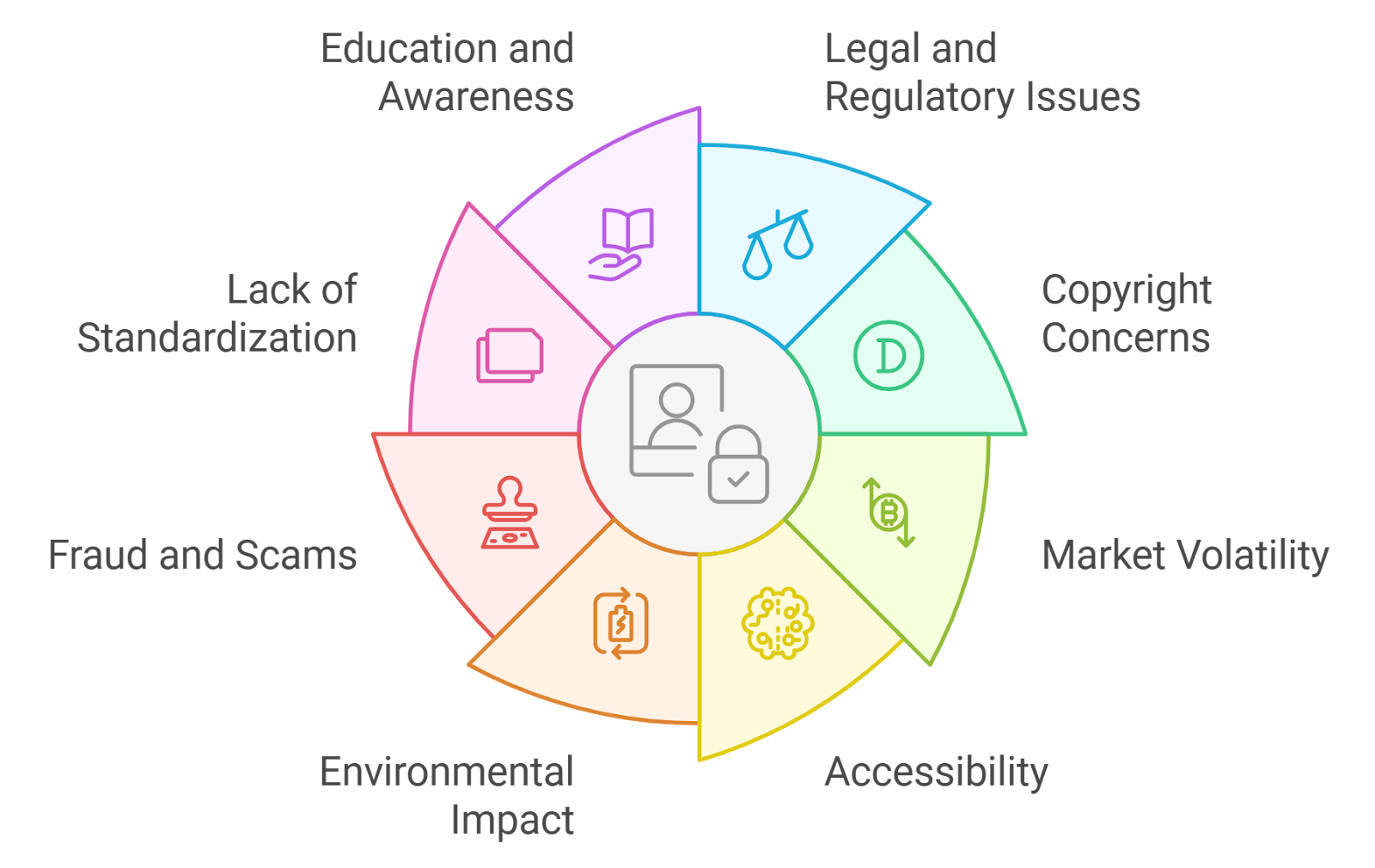
Tokeny Solutions: Tokeny Solutions delivers end-to-end infrastructure for the compliant issuance and management of tokenized assets, including oil and other commodities. The platform supports fractional ownership, automated compliance, and secondary market capabilities, making it suitable for institutions and asset managers. Tokeny Solutions is recognized for its robust security features, transparency, and ability to facilitate global investor participation in oil-backed token offerings.
Commodities Exchange (COMDEX): Decentralized Liquidity for Oil Assets
COMDEX stands out as a decentralized commodities exchange that brings oil and other physical assets onto the blockchain. Its architecture enables peer-to-peer trading of synthetic commodity tokens backed by real-world reserves. The platform’s native CMDX token powers governance and staking mechanisms.
- Fees: COMDEX employs a transparent fee model for trades and withdrawals. Trading fees typically range between 0.1% to 0.3%, while withdrawal fees depend on network congestion.
- Liquidity: By tapping into decentralized liquidity pools, COMDEX enables near-instant trades with minimal slippage for most supported oil tokens. Daily trading volumes are among the highest in the RWA sector.
- User Experience: Advanced analytics and DeFi integrations appeal to sophisticated investors seeking programmatic access to commodity markets.
The platform’s commitment to on-chain transparency ensures that each synthetic oil token is auditable against verified reserves or futures contracts.
Ondo Finance: Institutional-Grade Oil Tokenization
Ondo Finance has carved out a niche by providing compliant tokenization solutions tailored for institutional investors. Through partnerships with custodians and regulatory bodies, Ondo enables direct exposure to oil assets via fully backed digital tokens.
- Fees: Ondo’s fee structure includes an annual management fee (typically around 0.5%–1%) plus transaction fees on secondary market trades.
- Liquidity: The platform facilitates secondary trading through regulated venues, ensuring that institutional participants enjoy robust liquidity without sacrificing compliance or security standards.
- User Experience: Ondo’s onboarding process is streamlined but rigorous, reflecting its emphasis on KYC/AML protocols and investor protection.
This focus on regulatory compliance makes Ondo especially attractive for funds and family offices seeking exposure to oil without direct physical settlement or custody risks.
Swarm Markets: Bridging DeFi Flexibility With Real-World Oil Assets
Swarm Markets, regulated in Germany under BaFin supervision, merges DeFi flexibility with full legal compliance for trading tokenized commodities like oil. The platform supports both retail and institutional users via ERC-20 standard tokens representing fractional interests in underlying barrels or reserves.
- Fees: Swarm Markets charges competitive transaction fees (generally around 0.2% per trade) alongside network gas costs typical of Ethereum-based transactions.
- Liquidity: Liquidity is provided through automated market maker (AMM) pools as well as order book functionality, allowing users flexibility in execution style depending on volume needs.
- User Experience: The interface is designed for accessibility while maintaining rigorous security controls; users benefit from transparent reporting and regular audits of asset backing.
This unique hybrid model positions Swarm as a leader among regulated DeFi venues offering direct access to oil-backed tokens globally.
Tokeny Solutions: Compliance-Driven RWA Infrastructure
Tokeny Solutions specializes in the end-to-end tokenization of real-world assets, including oil and other energy commodities. The platform’s focus is on regulatory compliance, investor onboarding, and secure asset management for both issuers and investors. Tokeny’s infrastructure supports the full asset lifecycle, from issuance to secondary trading, making it a preferred choice for enterprises seeking a compliant pathway to digitize oil reserves or contracts.
- Fees: Tokeny operates a modular fee model. Issuers may incur setup and compliance fees, while investors typically face low trading fees (often below 0.25%) and transparent withdrawal costs.
- Liquidity: Liquidity is fostered through integration with regulated secondary markets and whitelisted peer-to-peer transfers, ensuring that oil-backed tokens remain accessible but within the bounds of jurisdictional requirements.
- User Experience: The onboarding process is tailored for both retail and institutional participants, with digital KYC/AML checks embedded into the workflow. Investors benefit from granular control over their holdings and detailed audit trails.
This compliance-first approach allows Tokeny Solutions to serve as a bridge between traditional commodity issuers, such as oil producers or traders, and the emerging universe of blockchain-based investors.
Comparing Platform Features: Fees, Liquidity and Security
A side-by-side look at these four platforms reveals important differences in how they approach tokenized oil markets:
Comparison of Leading Tokenized Oil Asset Platforms
| Platform | Fees | Liquidity Mechanisms | Compliance Framework | User Experience |
|---|---|---|---|---|
| COMDEX | Transparent trading fees; exact rates vary by asset and trading volume. | Decentralized liquidity pools enable instant trading and settlement; supports fractional ownership. | Built-in compliance modules for KYC/AML; supports regulatory reporting. | User-friendly DEX interface; supports both institutional and retail investors. |
| Ondo Finance | Low management and transaction fees; fee structure disclosed on platform. | Uses on-chain liquidity pools and partnerships with institutional custodians; instant settlement. | Strict compliance with US securities laws; KYC/AML required for all users. | Modern web platform with clear onboarding and portfolio management. |
| Swarm Markets | Competitive trading and tokenization fees; transparent fee schedule. | Hybrid liquidity model: combines AMM pools and order books; supports secondary trading. | Fully regulated under German BaFin; robust KYC/AML protocols. | Intuitive dashboard; supports fiat and crypto deposits; suitable for global users. |
| Tokeny Solutions | Customizable fee structure based on tokenization and management services. | Provides white-label tokenization infrastructure; enables secondary market integration for liquidity. | Comprehensive compliance engine supports global regulatory requirements. | Enterprise-grade platform; tailored solutions for institutions; seamless investor onboarding. |
While all four platforms support fractional ownership of oil assets via blockchain tokens, their strategies around liquidity provision are notably distinct. COMDEX leads in decentralized liquidity pools; Ondo Finance prioritizes regulated secondary market access; Swarm Markets blends DeFi AMMs with order books under BaFin oversight; and Tokeny Solutions integrates seamlessly with regulated P2P networks for compliant transfers.
Key Considerations for Investors
The success of any tokenized oil investment hinges on more than just fees or interface design. Here are several critical factors to weigh:
- Regulatory Environment: Platforms like Ondo Finance and Tokeny Solutions have robust compliance protocols, vital for institutional participation and long-term legitimacy.
- Real Asset Verification: Transparent proof-of-reserves or third-party audits (as seen on COMDEX) help mitigate counterparty risk.
- User Base and Secondary Market Depth: Greater liquidity translates to tighter spreads and easier entry/exit, but this depends on active participation across global regions.
- Total Cost of Ownership: Beyond headline trading fees, consider network gas costs (especially for Ethereum-based platforms like Swarm), annual management charges (Ondo), or compliance-related expenses (Tokeny).
The future trajectory of tokenized oil will likely be shaped by regulatory clarity in major jurisdictions, continued improvements in cross-chain interoperability, and rising demand from both crypto-native traders and traditional commodity investors. As always in commodity markets, digital or otherwise provides diligent research remains indispensable.







